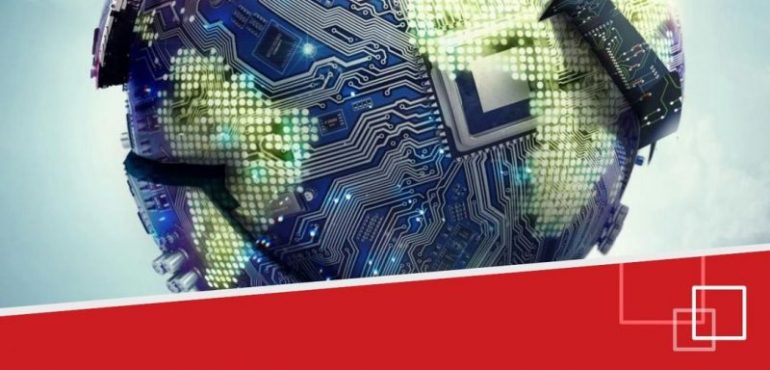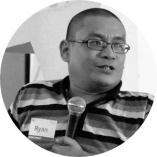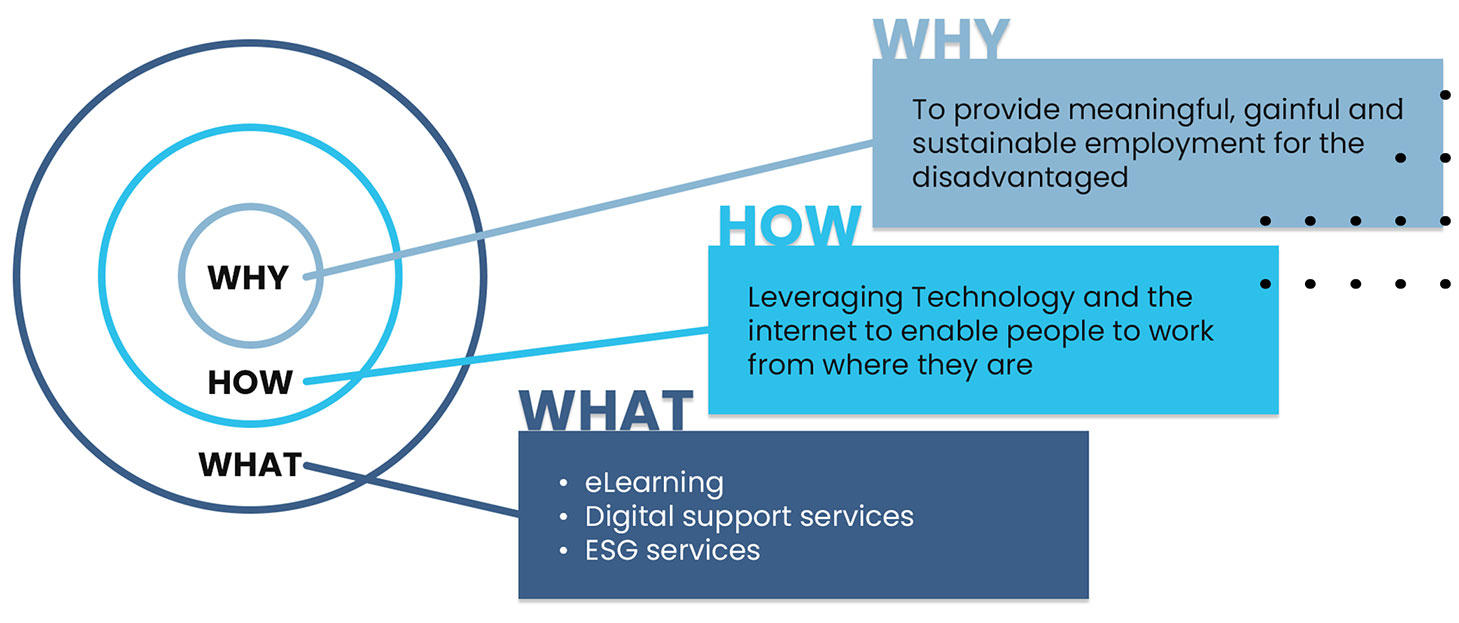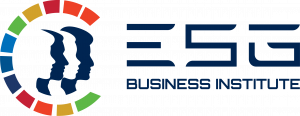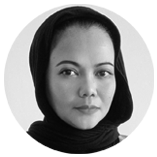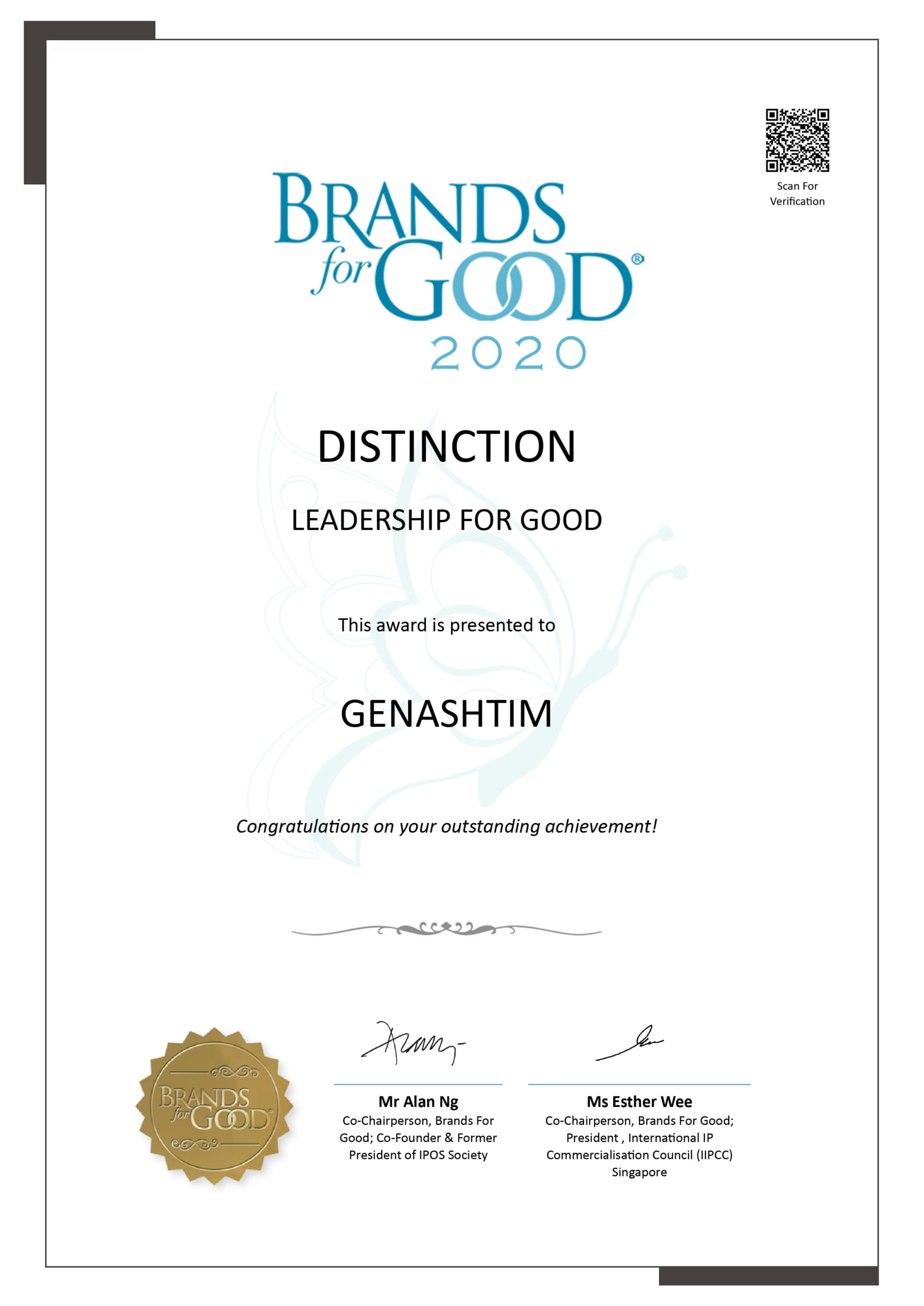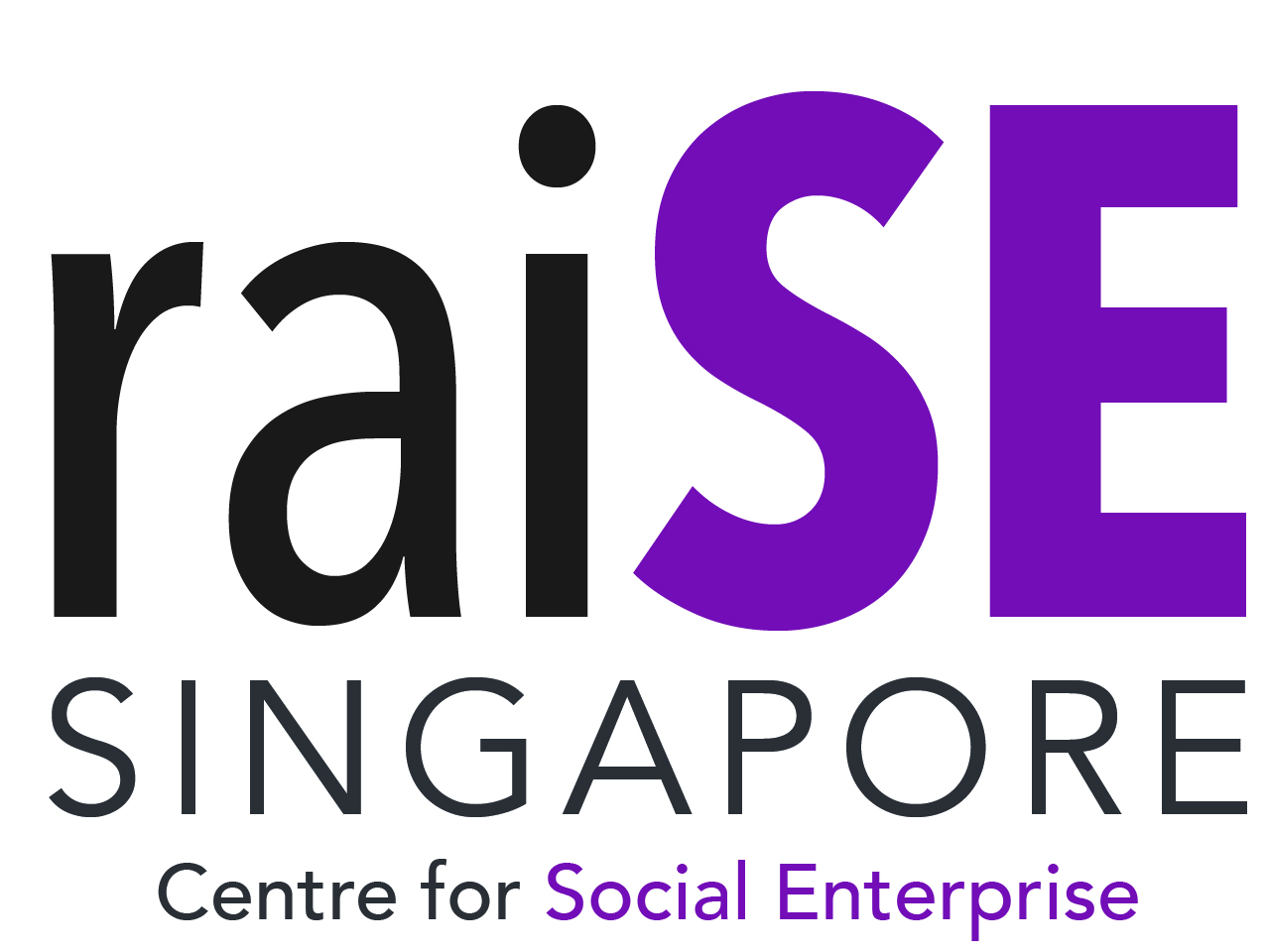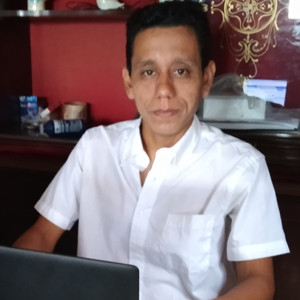Business Development Executive
Business Development Executive
Orthopedic Disability (amputee, right arm above elbow)
Joined Genashtim in December 2022
“Before joining Genashtim, I had a diverse career that significantly shaped my professional path. I began as a Bookkeeper and Office Secretary at ADAP (Association of Differently-Abled Persons) Multi-Purpose Cooperative, where I managed financial records, handled office administration, and performed various administrative tasks.
I then moved to the National Federation of Cooperatives of Persons With Disability (NFCPWD) as an HR and Planning Officer. In this role, I was responsible for staff screening and hiring, conducting training for staff and member cooperatives, assessing and verifying whether organizations met membership criteria, writing reports, and collaborating with both local and international partner organizations.
Most of my career was spent with CBM, where I held multiple positions, including Administrative Assistant, Finance Assistant, and Programme Officer. My work included managing individual and consortium projects, grant reporting and monitoring, mentoring and coaching, evaluating projects, and assessing and verifying whether organizations met the requirements to become CBM partners. I also led workshops, advocated for the inclusion of people with disabilities, and represented the organization in various forums.
In December 2021, my employment with CBM ended due to organizational reorganization. I subsequently underwent major surgery. The following year, 2022, was particularly challenging as I focused on my recovery. During this time, managing my health was a priority, and job searching became difficult. With my savings depleting and being a single parent and primary breadwinner, returning to work became essential.
In December 2022, I joined Genashtim and am looking forward to applying my experience and skills in this role. I am eager to contribute to the team and grow in this new position.”
Role in the business
As a Business Development Executive at Genashtim, I have the opportunity to represent the company by promoting eCornell’s eLearning programs across the Philippines, Japan, Vietnam, and other countries. My role involves providing support to potential individual learners and corporate clients, helping them navigate their options and access the right information to make informed decisions.
I find my work both fulfilling and challenging. I value the opportunity to network with decision-makers and potential leads through discussions, presentations, and meetings. It’s satisfying to see how our programs align with their goals and needs. One memorable experience was developing a concept note and proposal for a corporate client. Although the deal isn’t closed yet, working on these documents with my team was a highlight. Additionally, discussing our experiences, challenges, approaches, and strategies within the team has been invaluable. We’re hopeful that our efforts will lead to successful outcomes and contribute to the client’s training and development plans.
Networking with company heads, decision-makers, HR, and L&D professionals, as well as alumni, is also a key part of my role. Building and maintaining these relationships helps expand our network and uncover new opportunities. Even when closing deals takes time, supporting clients’ professional growth and building meaningful partnerships makes the role both engaging and rewarding.
Background
Before joining Genashtim, I faced significant challenges. After being laid off due to organizational reorganization and undergoing major surgery, I spent a year focusing on my recovery. Balancing health issues with the pressure of job searching, especially as a single parent and primary breadwinner, was extremely tough.
During this period, managing my health was my main focus, which made job searching difficult. As my savings started running out, finding work became more urgent.
In late November 2022, receiving an email from Genashtim inviting me for a second interview and offering me a position on the same day was both surprising and reassuring. Given my need for remote work while recovering, this opportunity felt like a timely blessing. It was a relief and a source of excitement to start the following Monday.
Since joining Genashtim in December 2022, I’ve found a supportive work environment that has allowed me to apply my skills and get back on track. I’m grateful for the opportunity and am exploring ways to grow and contribute more within the organization.
Currently, I am dealing with a personal matter regarding my son’s health, which makes it challenging to focus fully. However, with remote work and support from my supervisor, team, family, friends, and my fur babies, I am able to manage my tasks, though there are times when I need to take breaks and process the situation before returning to work. It is tough, but it’s important to take a pause and process to maintain our sanity given the challenges and struggles in life. Padayon!

